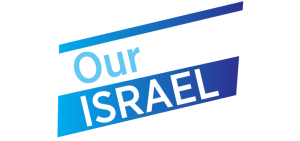
J Street’s “Our Israel” shines a spotlight on the progressive Israeli groups working to advance equality, freedom, justice and peace.
In May of 2021, as the violence between Israel and Hamas escalated, the disparity in the impact of the crisis on wealthy people in Israel, as compared with the disadvantaged, became painfully clear.
Of the 13 people killed in Israel during that month’s escalation conflict, three were migrant workers, two were residents of an unrecognized Bedouin village without shelters, and one was a poverty-stricken cancer patient. “The stories of half the people killed in Israel during the recent flare-up reveal yet again that the weakest are not protected by the system,” wrote Bar Peleg in Haaretz.
For Adi Maoz, the Executive Director of Kav LaOved, an Israeli workers’ rights organization, the escalation was especially distressing. Following casualties in previous conflicts, the organization has been pressing for years for more action to be taken against employers who fail to provide proper protection at times of escalation. “It’s tremendously sad when these workers die as a result of a conflict,” Maoz tells J Street. “They may not even have been aware of the context of the violence.”
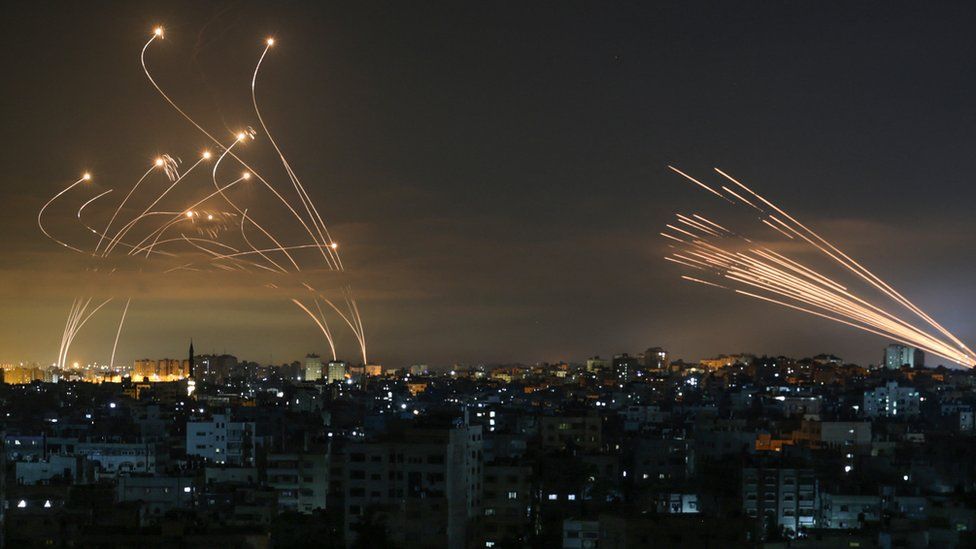
Migrants from Asia who have come to Israel for work are spread throughout the nation’s agricultural and caregiving sectors, often making less than minimum wage and living in unsafe environments. Many don’t speak English or Hebrew, and may not even be aware when violence is at risk of escalating or know when they need to get to shelter.
Kav LaOved has frequently had translators assist migrant workers in the past, and during the conflict have turned those efforts towards trying to save their lives. “Our goal is to keep them informed in their mother tongue about what is happening so they can be careful,” Maoz says. “Our translators have also been called by hospitals where the injured are being treated.”
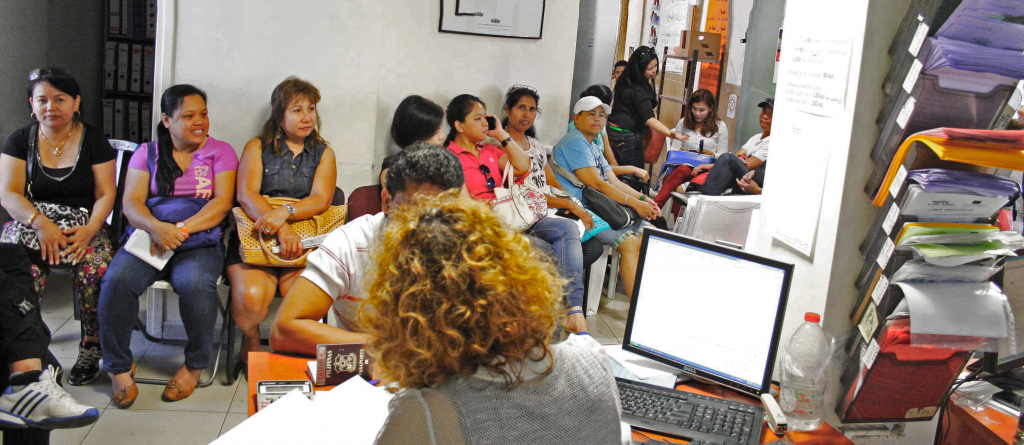
As violence escalated, Palestinian citizens of Israel went on strike. The strike was a continuation of protests over the eviction of a number of Palestinian families from their homes in the Sheikh Jarrah neighborhood of East Jerusalem, but with an expanded aim of also bringing an end to the oppression that Palestinians in Israel face in their daily lives.
Israeli employers saw many of their Palestinian employees join the strike. Many others still went to work but voiced solidarity with the strikers on their personal social media pages. When these Palestinians returned to work after the strike had ended, they found that they had been summoned to hearings, where they were threatened with being fired or other repercussions because they had participated in or supported the strike.
“This is political persecution of Palestinians, plain and simple,” Maoz says. “Not only are there no legal grounds to fire these people who didn’t come to work because they went on a strike, but it’s also morally repugnant.” For many, including those who work at Israeli government agencies, the harassment they’ve faced as the result of this strike is just another difficulty added to the minefield that is being a worker from a vulnerable community in Israel.
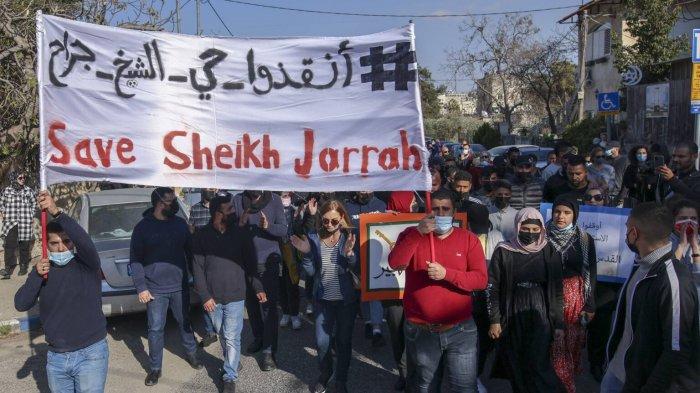
Maoz and her coworkers at Kav LaOved worked overtime for a month as the most vulnerable workers in Israel face the brunt of the crisis. However, they’re experienced enough to know that most of the plights these workers wouldn’t disappear even as the bombings and rocket fire had stopped. “We’re trying to do everything we can to fight violations of worker’s rights, and this was a very intense period,” she says.
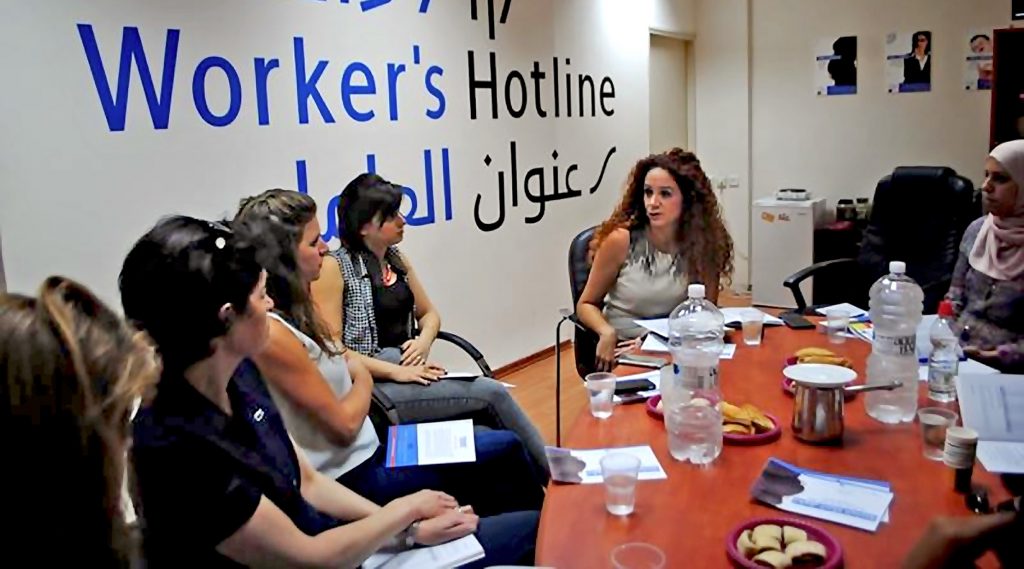
For Kav LaOved, the fight for worker’s rights and economic equality is an important part of addressing the broader issues between Israelis and Palestinians. “I don’t think you can understand the conflict today without understanding the economic injustices,” said Maoz. “Whenever you think of any kind of resolution to the conflict, you have to consider the 100,000 Palestinian workers who work in Israel. These two economies are intertwined. Palestinians are dependent on Israel for work, and Israelis are dependent on Palestinian labor.”
Over and over, Kav LaOved has seen that this mutual interdependence does not benefit both sides equally. While Israeli businesses profit immensely from the cheap labor provided by Palestinians, Palestinians face low wages, frequent harassment and often have difficulty even getting to work because of the strictness of the occupation. “There is so much money made off the back of Palestinian workers today, and there is very little attention paid to the exploitation that they face,” said Maoz. “Our organization is trying to stand up for those people.”
Kav LaOved is actively looking for translators, and union organizers who can share best practices even from abroad. If you wish to help or in any way, visit their website here.